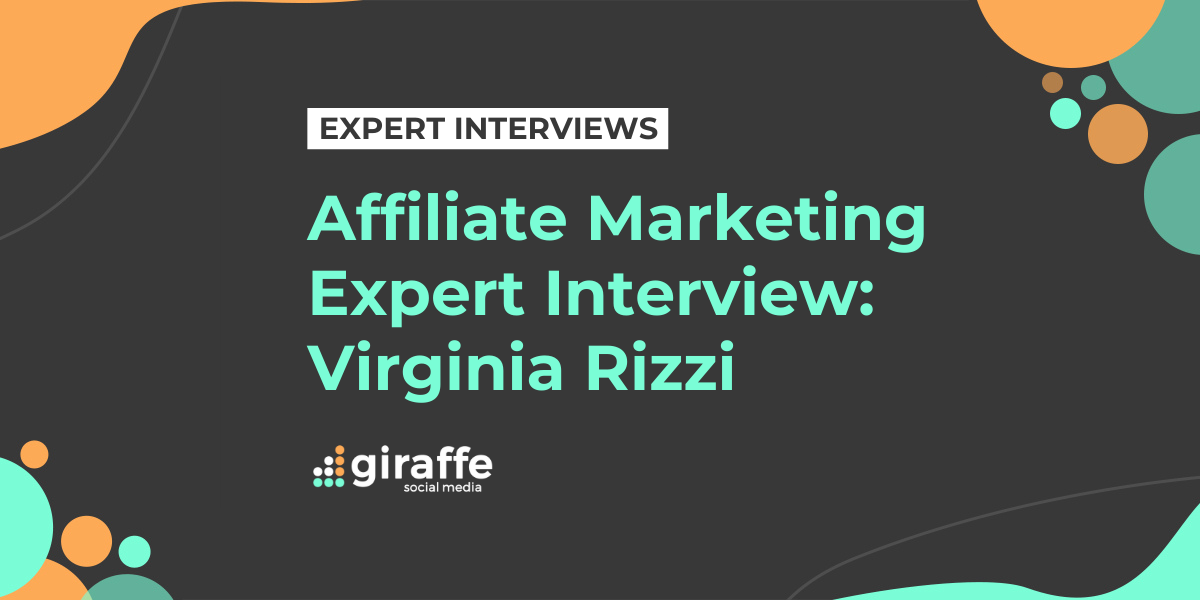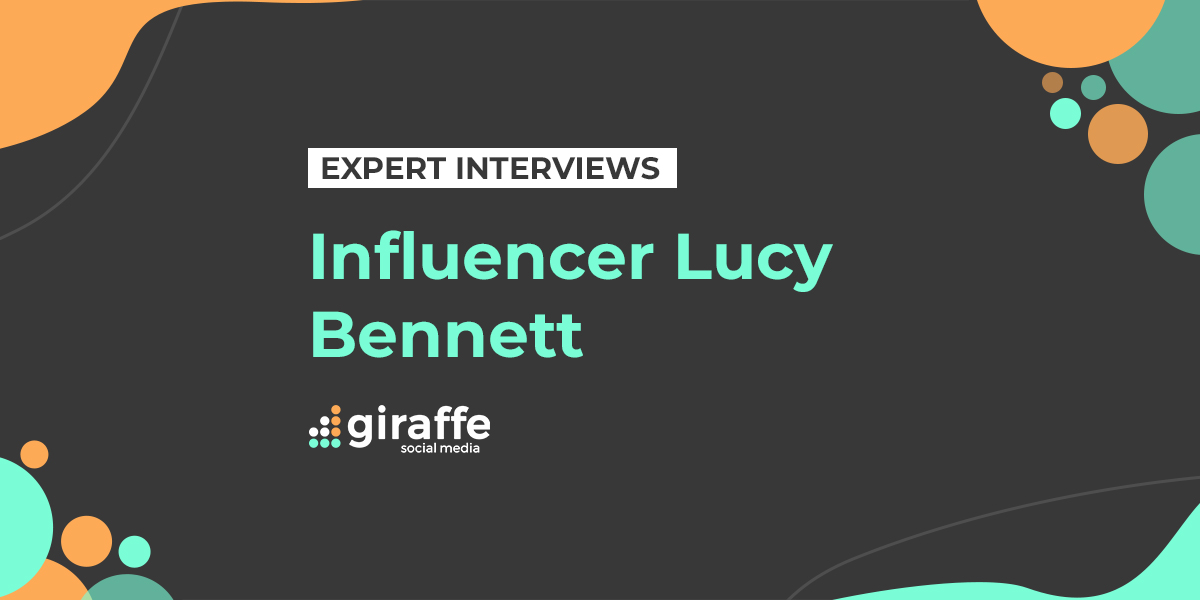Joanna Wiebe is the original conversion copywriter, she invented the title. Although, if you ask her – she’ll tell you that she ‘fell’ into copywriting. Joanna is the creator of the wildly popular Copy Hackers – a haven for tips on writing incredible copy for your business’ marketing. Having started her copywriting career in 2004, Joanna Wiebe has become one of the world’s authorities on the subject. She has worked with companies and agencies all over the world – increasing conversion rates wherever she goes. Wonderfully, she is incredibly dedicated to providing tonnes of value to the world’s marketers and entrepreneurs for free. As a team who love writing copy for our clients’ social media posts and blogs; we were super excited to chat with one of the world’s finest. Enjoy our interview with Joanna Wiebe.
Talk us through a typical day for you…
Well, it depends on the day of the week because I try hard to use themed days. But mostly, I start my day at 9am with a standup or an email review – obviously with coffee in hand. Then I’ll have two hours of meetings. Then I’ll spend the rest of the day on a mix of stuff for other people’s businesses and stuff for my own. Then dinner. Then about an hour or two of emails or little stuff. And that about does it. Half of that on Saturdays and Sundays – because I do work weekends for the most part.
How did you get into marketing?
I found myself in a job as a “creative writer” at a B2B marketing agency. I remember not really getting what the big deal was with marketing – but then I got into data-driven marketing and was like ooooooooo now I see.
Given your love of words; what would you say is your single favourite word and why?
“Ambitious” has a really nice ring to it. Nice mix of sounds. As a word, it’s a little ambitious.
Where do you get your latest marketing news and tips from?
Increasingly I rely on the Slack groups I’m in to share cool stuff worth reading. Today alone that exposed me to a site I didn’t know about called Open Culture, which I’ve now bookmarked a million pages on.
What one piece of advice would you give a small business owner looking to market their business?
Block either whole days or whole blocks of hours for marketing your own business. It’s very easy to get distracted by clients, customers, finance stuff and all sorts of details. So if you need to write your website, block next Wednesday to write three pages of your site – then do that again the following Wednesday. Uninterrupted blocks of time go a long way for small business owners.
What’s the best book on marketing you’ve ever read? What lessons did you take away from it?
Oh, that’s tough! Probably Cialdini’s Influence. But also Purple Cow and They Ask You Answer. I mean wow – there are so many great business books out there. Even the thin ones tend to give you one or two great ideas – and that can be all it takes to shift your business to the next stage.
Do you have a favourite marketing campaign in recent years? What was it and why does it stick in the memory?
I really like the campaign for a pair of insoles, actually. The line is “Turn your heels into sneakers.” I love the big idea behind it, and I love how well they knew their market to come up with that tag.
What two pieces of advice would you give to anyone inspiring to write awesome copy?
Start writing not by staring at the blank page but by listening to your customers always, without fail and without summarizing. And use copywriting frameworks to lay out your copy.
In three words; describe the future of marketing.
More real-time everything. Don’t fill out a form to get a consult – pop straight into the consult. Bots help with that, but also real-time views of your website visitors – like what you see in Drift and Albacross – and the ability to directly engage them. Customers want us to be readily available when they want us (always have – but now that expectation isn’t unrealistic), and it seems that the marketers who win the best today are already doing that. The wisest among us will follow their lead and start making ourselves available for great-fit leads/prospects immediately. Because when a prospect has a problem they want you to solve, it makes far more sense to get started on solving it now – not 48 hours from now when someone on your team finally emails them back and they’ve already forgotten what they really needed in the first place (at which time it’s your job to try to remind them, which is time-consuming and – given instant ways of connecting – unnecessary).








